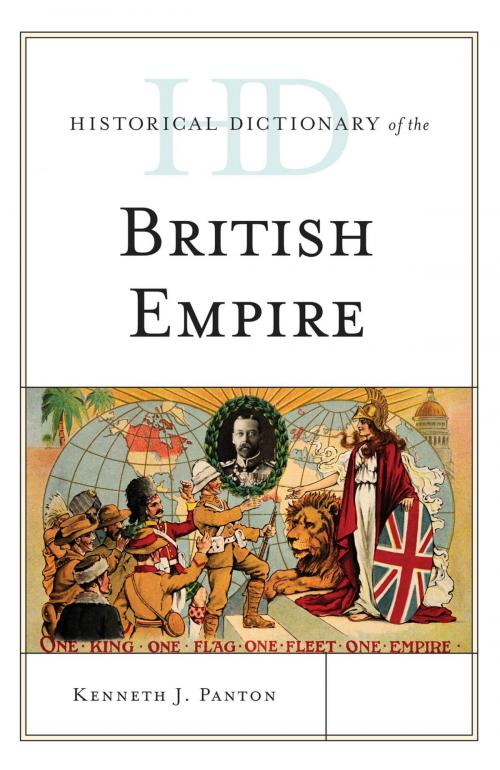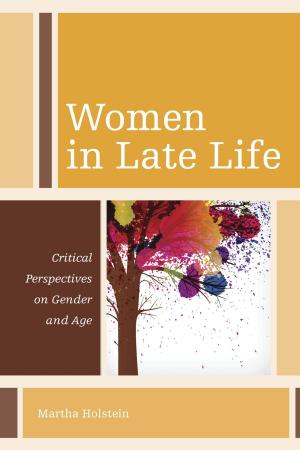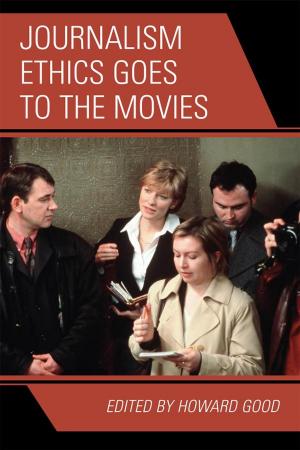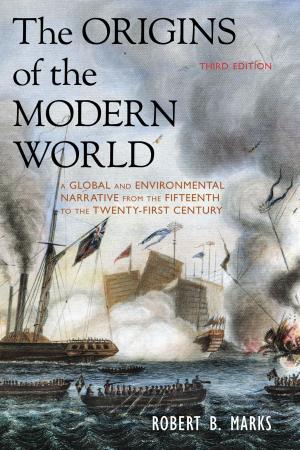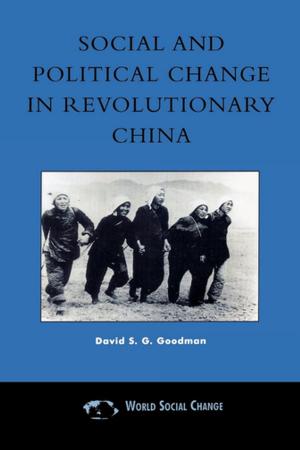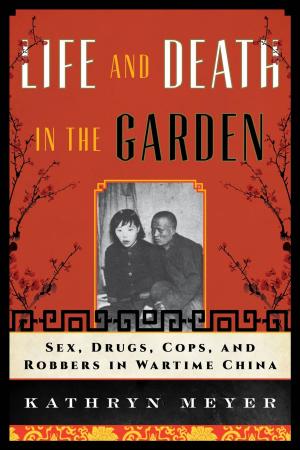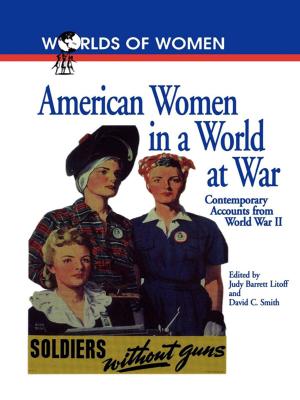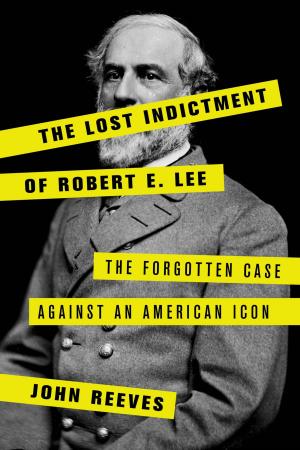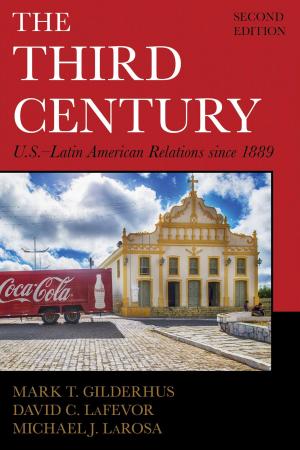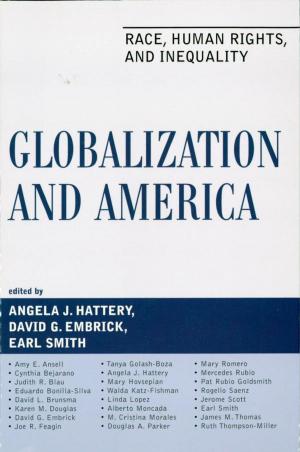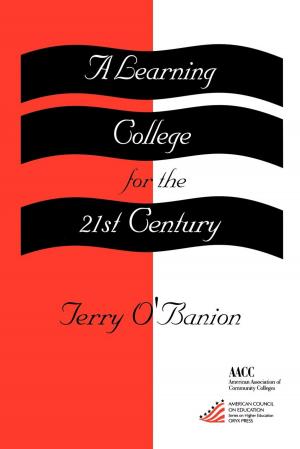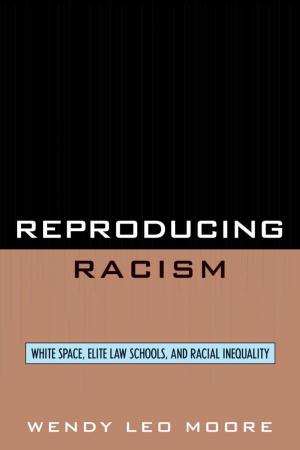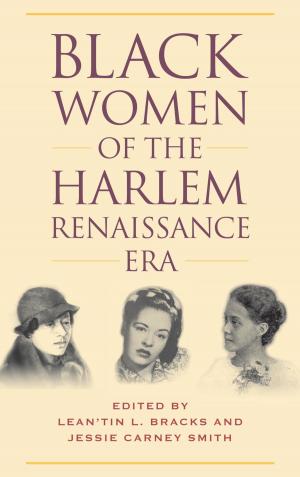Historical Dictionary of the British Empire
Nonfiction, Reference & Language, Dictionaries, History, British| Author: | Kenneth J. Panton | ISBN: | 9780810875241 |
| Publisher: | Rowman & Littlefield Publishers | Publication: | May 7, 2015 |
| Imprint: | Rowman & Littlefield Publishers | Language: | English |
| Author: | Kenneth J. Panton |
| ISBN: | 9780810875241 |
| Publisher: | Rowman & Littlefield Publishers |
| Publication: | May 7, 2015 |
| Imprint: | Rowman & Littlefield Publishers |
| Language: | English |
For much of the nineteenth and early twentieth centuries, Britain was the dominant world power, its strength based in large part on its command of an Empire that, in the years immediately after World War I, encompassed almost one-quarter of the earth’s land surface and one-fifth of its population. Writers boasted that the sun never set on British possessions, which provided raw materials that, processed in British factories, could be re-exported as manufactured products to expanding colonial markets. The commercial and political might was not based on any grand strategic plan of territorial acquisition, however. The Empire grew piecemeal, shaped by the diplomatic, economic, and military circumstances of the times, and its speedy dismemberment in the mid-twentieth century was, similarly, a reaction to the realities of geopolitics in post-World War II conditions. Today the Empire has gone but it has left a legacy that remains of great significance in the modern world.
The Historical Dictionary of the British Empire covers its history through a chronology, an introductory essay, appendixes, and an extensive bibliography. The dictionary section has over 700 cross-referenced entries on important personalities, politics, economy, foreign relations, religion, and culture. This book is an excellent access point for students, researchers, and anyone wanting to know more about Britain.
For much of the nineteenth and early twentieth centuries, Britain was the dominant world power, its strength based in large part on its command of an Empire that, in the years immediately after World War I, encompassed almost one-quarter of the earth’s land surface and one-fifth of its population. Writers boasted that the sun never set on British possessions, which provided raw materials that, processed in British factories, could be re-exported as manufactured products to expanding colonial markets. The commercial and political might was not based on any grand strategic plan of territorial acquisition, however. The Empire grew piecemeal, shaped by the diplomatic, economic, and military circumstances of the times, and its speedy dismemberment in the mid-twentieth century was, similarly, a reaction to the realities of geopolitics in post-World War II conditions. Today the Empire has gone but it has left a legacy that remains of great significance in the modern world.
The Historical Dictionary of the British Empire covers its history through a chronology, an introductory essay, appendixes, and an extensive bibliography. The dictionary section has over 700 cross-referenced entries on important personalities, politics, economy, foreign relations, religion, and culture. This book is an excellent access point for students, researchers, and anyone wanting to know more about Britain.
